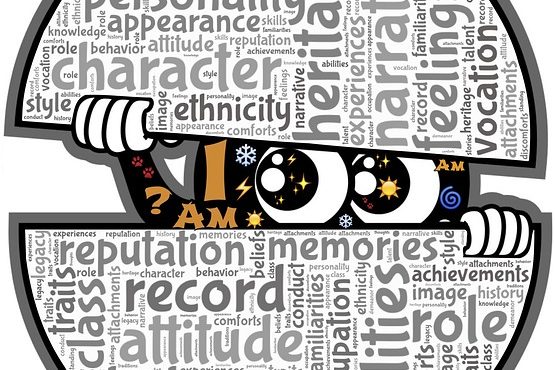We are all born as unique individuals, then throughout our childhood and early adult years we are layered with the beliefs and values of others, through education and social or cultural conditioning. By the time you are 25 you are 80% no longer yourself. You are your ‘ought self’ – the one that holds everyone else’s values and beliefs, and meets everyone else’s expectations of you. So, your ought self is your outer image that you share with others, and the ‘real self’ is hidden inside.
The problem is, this ‘ought self’ is acting as a filter, a shroud around your ‘real self’. And most of us resist uncovering these filters, through guilt or fear of upsetting someone. These filters not only reduce your ability for your real self to shine, they also reduce the attraction others have towards you because you are not open to them. Your ought self is constantly in conflict with your real self, and for many of you, you will be totally unaware of this. The end result:
- You will not be satisfied
- You will not be fulfilled because you cannot express yourself
So what can we do to resolve this?
Self-Development Programs
One thing that is often done to resolve this dissatisfaction with life is engaging in a self-development program. Many programs may encourage you to visualise your ideal life, and the ideal self you need to become to bring that ideal life into being. The problem is, that it doesn’t work. And so the program fails, and you wonder why. The reason is that the ought self sits in-between the real and ideal selves, with all those filters acting as a moderator. To engage with your ideal self, you need to dissolve the ought self, and enable clear communication between the real and ideal self. This requires self-analysis to determine your own true values that work best for you. You essentially determine which parts of your ‘ought self’ you wish to retain as part of your ‘real self’, and which parts you want to ditch.
Be Less Empathetic
The ought self is just role play. You convince yourself that making others happy is being empathetic and understanding to others – but you are actually too empathetic. This often shows up as being overly reactive to others – you react to others comments about you or the work you do not because you agree or not, but because it cracks one of the filters others have placed on your light.
You almost recognise deep down that what they are telling you has deep and lasting value but it conflicts with your conditioning. We all need and want approval. There is nothing wrong with this, to a point – unless you want it too much and you are in conflict to gaining the current persons approval or those who conditioned you.
If you are having trouble being yourself, and care about what others think of you, then you need to pull back a little, and stop caring quite so much about what others think about you – it will enable your real self to start shining through. You will be more expressive and improve your functioning in life.
Self-Awareness
Most of the things in life we think are important or valuable, are not – they are illusionary. For instance, more love, more approval, more money, more children do not make you happy. You experience happiness in different ways and moments, but it doesn’t provide truly fulfilling life happiness.
When you are holding back from expressing yourself, to create a good impression, you are acting. You are not being authentic. If someone makes a statement that you don’t agree with, do you state so or hold back to avoid the conflict. If you have, you have just sold a little bit of your soul. And if this happens regularly you are losing a little bit more of yourself every day.
Someone else’s opinion of you does not make your happier. It might for a short time, but it wont make you satisfied in life on the inside. Happiness can only come from inside out, not outside in. But with so many filters you cant get out.
The Cost of Being You
There is a cost of being you. You might be chastised, fired, end a relationship, even be arrested. You start to build some social debt to a point where it becomes too costly for you – and this is the decision point to determine what is more important to you. This is where you test your ought values and either ditch them or make them your own.
Your challenge is to find out how to be you, within the parameters of the greater good. You don’t need everyone to like you. You don’t need every job to work out for you. When you are authentic, you have a magnetism that is lasting, because it is real. Be yourself despite the costs.
Take a moment to write down all the areas of your life where you might incur some cost – some friction, tension or costly reaction. At work, in your marriage, in society. The big question is…
Are you accepting of these costs?
So why not take on a quick challenge. Observe yourself over the next day or two – notice the ways in which you are being your ‘ought self’. And also notice when you dumb down your ‘real self’ response and filter yourself out. I am not talking about times when you are diplomatic, but times when your response is not authentic with your real feelings about the situation.
This is practicing mindfulness. There is no judgement here – no right or wrong. You are simply becoming conscious of who you really are, and who you are acting to be.
Author: Gail La Grouw. Insight Mastery Program Director, and Strategic Performance Consultant for Coded Vision Ltd.
